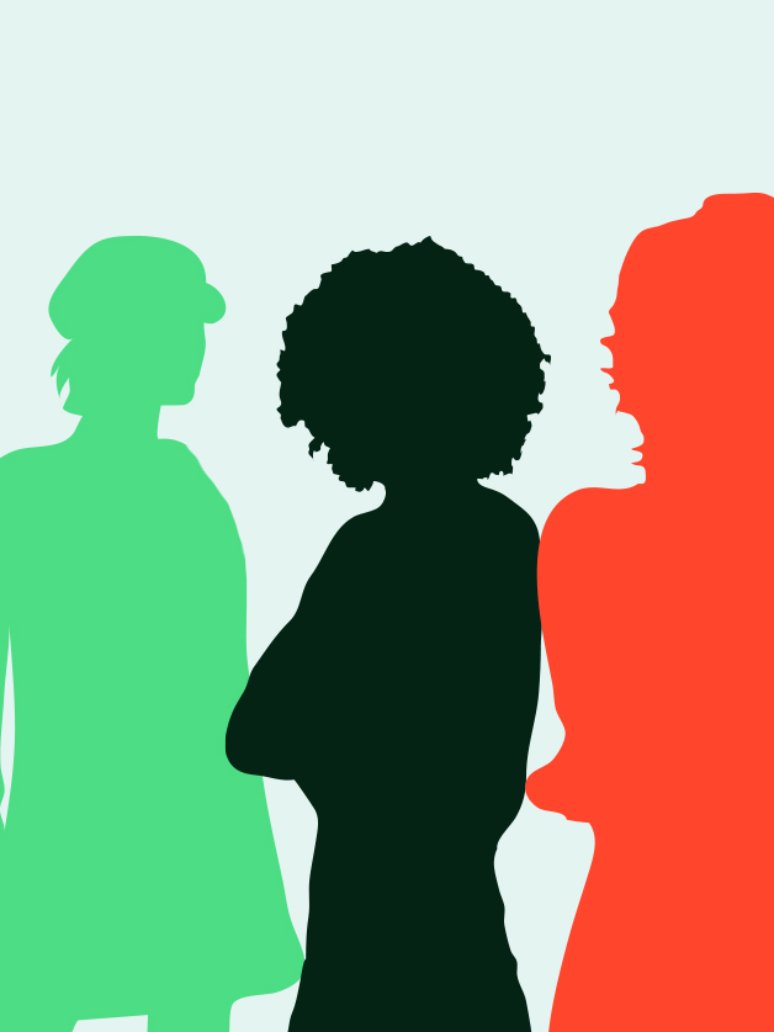Lead, Service Coordination at Kyndryl Poland
What’s the biggest challenge you’ve ever faced?
I was diagnosed with breast cancer in 2018. I was only 27 years old and had just started my professional journey working in IT. Surgery knocked me out for a few weeks, and I still suffer from acute pains every now and then. Although I knew I was going to be weak, lose hair and weight, nobody told me the “chemo brain” would make my brain so clouded, that it would struggle to tell my limbs what they need to do to fasten a button or walk up the stairs. The long sick-leave wasn’t easy but coming back to work was even harder. How was I supposed to pick up to where I left off? I still take pills daily and have injections every four weeks to prevent a recurrence. The side effects can be rough. My team has been supportive — they understood I’ll need some time to adjust to work at full speed.
What did you learn from that experience?
That not everything lasts forever, and we should appreciate how lucky we are to be here, around our loved ones, every single day. Staring death in the eye changed me into a daredevil with an irrepressible lust for life — I stopped existing in the “what ifs” dimension and started living “la vida loca.”
How did that experience influence the work you do today?
Experiences like that can really change who you are and how you perceive everything around you. I would say I am restless, as I am not afraid to face challenges or learn new things — I’ve been through chemo, can anything be more of a challenge, really? Also, the empathetic behavior embodied by my manager and my team makes me feel that I belong here — my health struggles are not considered a liability, and just sheer knowledge of that makes me go above and beyond.
What’s some career advice for other women?
Never compare your challenges or struggles to those of others around you. Remember that it’s never as bad as may seem at first glance. And most importantly, take good care of yourself and don’t be afraid to ask for help.



